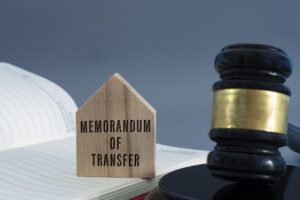Using A Personal Property Memorandum in Virginia

Although not every heirloom that you own is worth a great deal of money, it may have significant sentimental value to you and others in the family. If you have family members who would like to receive specific items or you have specific intention about where these heirlooms go, it is a good idea to be very clear about this in your estate planning.
When you’re crafting a will with the help of an estate planning attorney, you might ask about writing a list directly into your will. However, because you would be making amendments and cannot hand write on your will without generating questions about its validity, you may need to add or delete items in the future. This is why many Virginia residents choose to use a personal property memorandum. This is a separate document that details which family members and friends receive what personal property. In Virginia if this document is referenced in the will and is also dated and signed by the person making the will, it is legally binding.
For more information about this, see Virginia code section 64.2-400. Even if your document is not legally binding, leaving behind instructions for your executor and your heirs helps minimize confusion and disputes. Be careful about trying to use this memorandum, however, to name gifts of specific dollar amounts or intangible property or real estate. These should always be listed in the will.
For more help with this process, consult with a qualified estate planning lawyer in Virginia. Using your will, a personal property memo, and other tools, you’ll be able to determine what happens to your property in the future.
